Melbourne/London, Jun 21: Thousands of yoga enthusiasts across the world today took to mats and stretched, bent and twisted their bodies in multiple complex postures as they marked the inaugural International Day of Yoga, celebrating the ancient Indian spiritual practice.
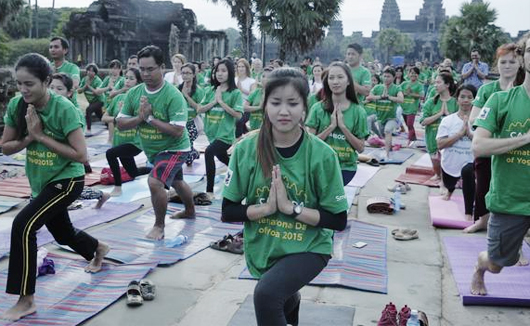
More than a thousand people took part in several events across Australia to mark the day, with Prime Minister Tony Abott appreciating Yoga's universal appeal.
"For thousands of years, yoga has provided its followers with a guide to bringing their mind, body and spirit into balance," Abott said.
"Yoga's universal and growing popularity demonstrates its appeal to people from all the walks of life and its great potential to foster better health among individuals and populations around the world," he said.
Melbourne saw over 500 people gathered at the Springers Leisure Centre to kick off the day with 'Surya Namaskar' and bending and twisting their bodies in complex postures.
Several MPs including Victoria's speaker Telmo Languiller, Inga Peulich, Anthony Byrne attended the ceremony by lighting the lamp in the presence of Indian consul-general in Melbourne Manika Jain.
Yoga events were also held at Sydney's popular Bondi beach and in the Australian capital Canberra.
In the UK, hundreds gathered across cities to celebrate the day with the main event on the bank of the river Thames in London. It was held at Bernie-Spain Garden, on the South Bank of Thames.
British Prime Minister David Cameron said in his message: "The UK is pleased to support International Yoga Day. We were one of 177 countries to vote in favour of Prime Minister Modi's proposal and we are pleased to see the enthusiasm with which it is being embraced, both in UK and around the world."
In China, events were organised at the prestigious Peking University and Geely University. People from different walks of life took part in the exercise.
About a week ahead of the International Yoga Day, the India-China Yoga college was inaugurated at Yunnan Minzu University in Kunming, the first such college in the country.
UN Secretary General Ban Ki-moon expressed his excitement at the first International Day of Yoga during his meeting with External Affairs Minister Sushma Swaraj in New York, saying the day has garnered "unprecedented" enthusiasm around the world.
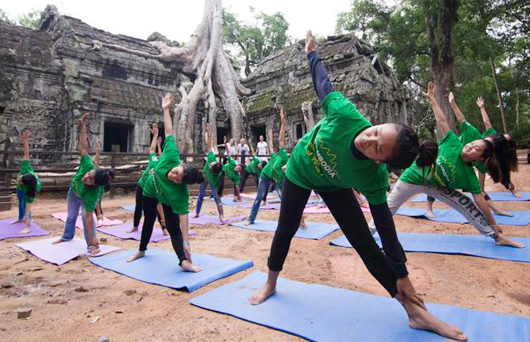

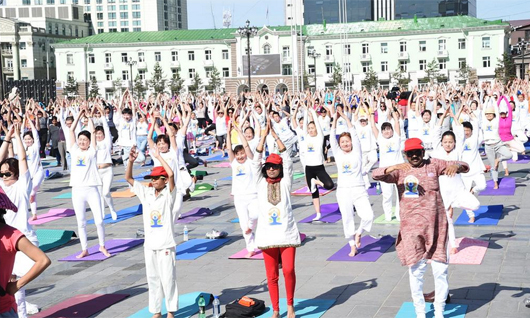
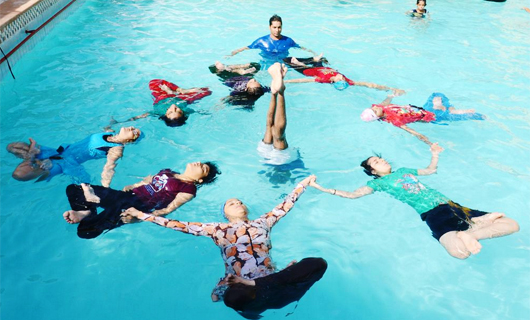

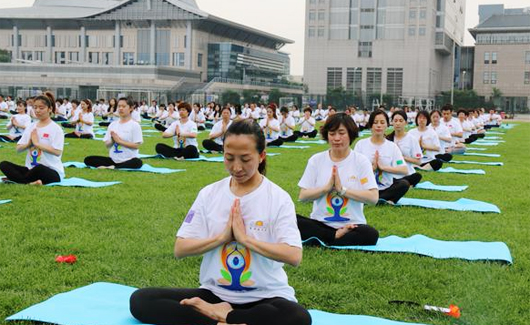





Comments
Add new comment